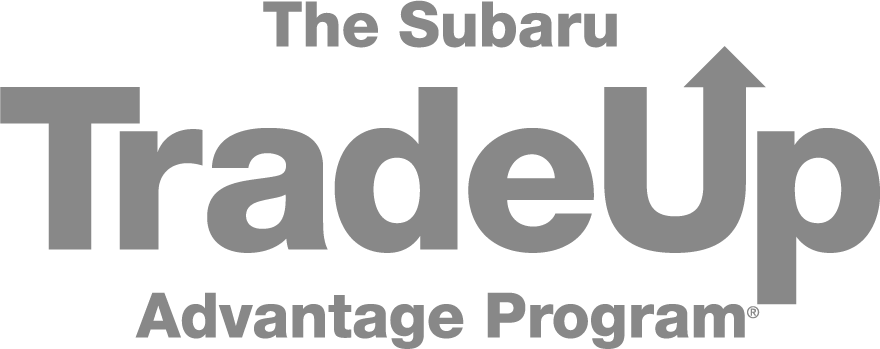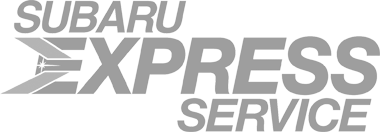Lease or buy?
Many of us here lease our cars. Leasing is better for most people (although not everyone). (short version)
Full disclosure: all things being equal, we would rather see you lease, because owner loyalty is higher—lease customers pay less to drive a nicer, safer car that's under warranty, and their satisfaction is higher. The margins in auto retail are surprisingly thin, so we've built our business on the volume of repeat and referral business from happy lease customers. All that said, what we want most is for you to be happy with your vehicle. We want to do everything we can to make sure you like what you got and how you got it. We genuinely believe leasing would be a smart choice for most drivers, so we want you to know about it!

Good reasons not to lease
If you plan to mod it to oblivion, obviously. Stuff like lift kits, spoilers, and exhaust modifications. Modding is...well...leasing companies don't super like that.
The banks that finance your lease still have to pay for the whole car. The way they can afford to do that is with the trade-in value of the vehicle after your lease is over. Modifications typically void manufacturer warranties, and that really hurts resale value. That's why you can get Subaru Genuine Accessories fitted to a new car from us, but basically any other semi-permanent modification, attachment, or enhancement violates a lease agreement.
If you buy your cars and keep them forever, don't lease. This is, honestly, the most economical way to do it over a long period of time. Well-done! We have master technicians happy to keep your vehicle running in tip-top shape as long as you have it! We helped keep a Subaru running for over 700,000 miles. That driver definitely saved some money on that thanks to regular maintenance. Not only that, we have the 100k Club which saves you more money the more miles you have!
Editorial aside: while this can be a very good financial decision, it's not always the best choice in terms of safety. Safety standards and capabilities advance pretty quickly, and driving a car for a decade and a half or longer means you're going to be spending a lot of time in a car that's missing out on more and more safety technology. We understand that everyone's needs are different, but it's something to keep in mind when you're choosing what to do.
Good reasons to lease:
Most people don't lease, because they don't quite understand it. That's not a knock on them. For many people, leasing doesn't seem as straightforward as buying. It totally makes sense that they would shy away from choosing an option that isn't totally clear when they're committing to a big chunk of money to a vehicle that will be a significant part of their life. Have no fear, though! We're here to help fill in the missing information.
Save money each month
Your monthly bottom line can have a pretty dramatic change between buying and leasing. Say you want to drive a new Subaru Legacy:
| Loan | Lease | ||
|---|---|---|---|
| Car cost $22,200 | Car cost $22,200 | ||
| ↓ | ↓ | ||
| The bank wants you to pay for the whole $22,200 as well as interest over five years | The bank wants you to pay for the $11,100 of everyday wear and tear they expect you to put on it with use as well as interest over three years | ||
| ↓ | ↓ | ||
| Monthly payment ~$450 |
Monthly payment ~$350 |
$100 a month is a nice chunk of change!
When you get a $22,200 loan, the bank pays us for your car and keeps your title until you pay off the entire $22,200, plus interest. When you lease, the bank also pays us $22,200, and keeps the title. With a loan, the bank wants back 100% of the money. With a lease, the bank only wants you to pay the difference between $22,200 and the residual (and interest). The residual is a forecast of the value of your car after the lease term, and the bank stands behind that forecast. So, you're paying less in interest AND in principal. In the example with this new Legacy, that's $100 difference every month.
Up-to-date safety
Advances in safety have leapt forward year after year in the last decade. Standard back-up cameras, the creation of the small overlap front crash test, and crash mitigation and prevention technology are all still very recent developments. Subaru has led the way with the first vehicles to perform well on the small overlap test. They've also routinely received the best possible score for crash mitigation and prevention. Every year, the Insurance Institute for Highway Safety, National Highway Traffic Safety Administration, and private companies push for safer and safer vehicles on the road.
This is great. Truly. Safer cars are better for everyone. It does mean that every new model year eclipses older vehicles in how to protect drivers and passengers. Subaru is a brand dedicated wholeheartedly to safety. we even have a blog tag just for safety-related stuff! We care, and we know you care. If you want to have the safest cars on the road, leasing makes a whole lot of sense.
Save on maintenance costs
Newer cars just need less maintenance. That's a simple fact. Your regularly-scheduled maintenance is typically all you would ever need. Sometimes, stuff just happens and a car needs repair, but that's also what warranties are for. Warranties typically start when the car is delivered. Right now, Subaru's factory warranty is 3 years / 36,000 miles. A typical lease is three years, which means that you'll be driving a vehicle while it has maximum coverage on any and all maintenance costs, and the need for any costs is going to be much lower. Which, ultimately, means you're paying less in both time and money to take care of your car.
Save on gas
Much like vehicle safety improves every year, we keep making more and more efficient vehicles. Each generation of vehicles lets you go farther, which saves you at the pump. It's not quite as impressive as $100/month car payment, but hey, every little bit counts, right? You still saved it, and money is still money.
GAP insurance is included
Hot diggity. If you've ever had a totaled or stolen car, you know the value of GAP insurance. GAP covers the difference between what you owe and what the vehicle is worth. So, if you still owe, say, $5000 on a car you're financing, but because of its age and mileage it's only appraised at $2000, should it get totaled or stolen, you have to eat the $3000 difference. Leasing from us has GAP built-in. There are just about no loans that have GAP; it has to be purchased separately.
Leasing means that's one less thing you have to worry about.
Owe nothing at the end
At the end of your lease, you're free to do what you want. You have three basic options.
- You decide you love the car and want to keep it. Cool! You can. All you have to pay is the residual. Nice.
- If the car is in really good shape, it could actually be worth much more than the residual that was estimated when you started your lease. In that case, you can actually trade in your lease as a down payment on your next car! Double nice!
- If the car is appraised at lower than the residual, you don't have to worry about any other payments or anything due. You can just pick the next thing you like, and go get it.
Conclusion / tl;dr (too long; didn't read)
There is no one-size fits all solution, but leasing is a big advantage for most people. It's a great way to have a low-hassle, low-payment, safe vehicle at your disposal. It's an assessment you have to make. Do you want lower payments now, or can you pay more now to not have payments a few years later? Are you more comfortable with vehicles under warranty or is paying out of pocket for maintenance an option? Would a lease option with more miles to fit your driving cost more than financing (probably not, but it happens)? How important is it you to meet the latest safety standards? How extensively do you want to customize your vehicle?
Ultimately, this is your choice, and we want you to be as empowered as you can be to make it. When you're looking for your next vehicle, be sure to ask about pricing for both financing and leasing so you can know what's best for you!



